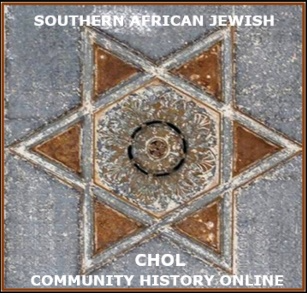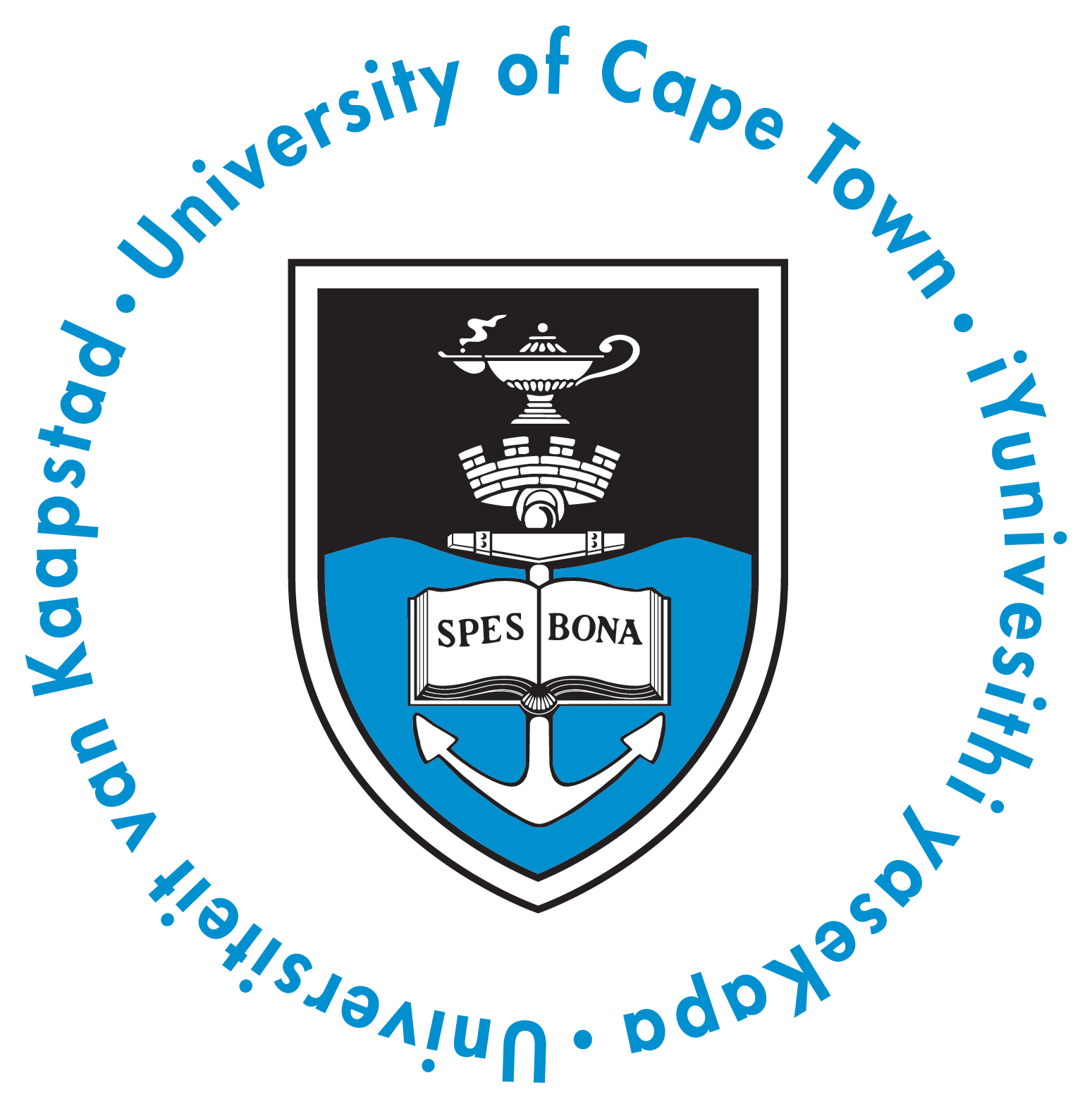People
The Jewish people who settled in Ceres made notable contributions to the area’s civil, agricultural and economic development as entrepreneurs and agricultural innovators. There were several 'algemene handelaars' (general dealers), all of which diversified in surprising and individual ways, including selling petrol, clothing, boots and shoes, dynamite, ammunition and farm machinery. Jewish businessmen prided themselves in offering good value for money and high-quality goods. By buying produce directly from the farmers they were able to support the farming community by taking their produce in exchange for goods from their stores. Jewish farmers were pivotal in the development of soft fruit farming, processing and marketing in the area.
Here are some of the people we know about. If you have a family story for Ceres, please send it to flesh out the footprint of the Jewish community of Ceres and surrounding areas.
- Arnholz, Adolf and Mary: Were among the first Jews to settle in Ceres, arriving from Germany in 1865. Adolph founded the Inland Transport Company, which operated horse-drawn passenger coaches from Cape Town to the Kimberley diamond fields. He was appointed the first Ceres magistrate, and as a member of the Divisional Council, was responsible for the proclamation of Ceres as a magisterial district.
- Arnholz, Bernhard: Adolf’s brother, settled in the 1860s. Bernhard Arnholz was the town’s first Justice of the Peace, and its Mayor in 1873.
- Balkin, C: A watchmaker and jeweller on Voortrekker Street in the 1950s.
- Batten, S: Advertised his (algemene handelaar) shop on Vos Street as a cheap cash store.
- Baum, Isaac: Had an imposing and seemingly popular 'algemene handelaar' shop in Vos Street on the corner of Voortrekker Street. His business was established in 1919. He was a general dealer and produce buyer. He encouraged people in 1955, in English and Afrikaans, to try his shop first and to come and convince themselves of the Waarde!!! (Value!!!).
- Baumanns: Also from Germany, arrived in 1870. They had a shop there until 1923, 'Baumann se Winkel', in Main and Munnik Streets, was also a 'general dealer' but this firm advertised themselves in 1948 also as outfitters for men, women and children, as well as fine clothing. They also dealt in farm produce and implements such as ploughs and were agents for Malcomess tractors and Frigidaire refrigerators.
- Cohen, David: Arrived at the Cape from Russia in 1890. He came to the Ceres district in 1919 after farming at Hottentotskloof. He bought Pollie Kirsch’s farm, Roggevlei, in the early 1920s and also owned farms near Prince Alfred Hamlet. David Cohen became known as the 'Seed Potato King' of the Western Province.
- Cohen, I: In the late 1930s the Majestic Hotel was under the supervision of Mr and Mrs I Cohen. They prided themselves on 'excellent cuisine; running water in bedrooms; spring mattresses; modern furniture and lock-up garages'.
- Cohen, Losky: David’s son, took over his father’s farms and inherited his 'title'. He also farmed in grain, fruit and lucerne, and specialised in crop rotation on his three farms, Roggevlei, Odessa and Cohenia. Losky Cohen served on the Ceres municipal council for a number of years. The Cohen family were still farming in the area in 2002.
- Cohen and Theron: Butchers in Vos Street (tel 21) in the 1930s. They offered 'fresh killed meat daily'.
- Daneman, Herman and his wife: Settled there in 1898.
- Fish, Mr and Mrs Frank
- Fisch, Mr C: Settled around 1900.
- Fisher: He and Smolensky were photographers at their Premier Art Studio by 1900.
- Frank: Two brothers were living in the town around 1900.
- Friedman family.
- Goldberg, Lazarus: Founded the Ceres Tikvah Zion Society with Abraham Hillel Miller, 1898.
- Green, Morris: Had settled by 1900.
- Jacobs family in Ceres: The late Mannie Jacob, a prominent dentist in Cape Town, was their son. Their daughter went to study music in London and became a very prominent teacher of master pupils in London.
- Jacobson, Isaac and Hannach: Lived in Ceres from 1931 to 1950. Their daughter Esme spent her childhood there. She writes (June 2024): My father Isaac Jacobson was the first Jewish Master of a freemasons lodge in Ceres. He also ran the Jewish Benevolent Society. They bought Kirsch’s store, which was on the opposite corner to Baumann’s stores.
- Katzen, Mr: Had settled by 1900.
- Katzenellenbogen and Fish: Were specialist furnishers in Voortrekker Street but they also diversified into radios and gramophone records as well as ‘high class jewellery'. They were also drapers and grocers. Their advertisement of 1952 said: 'You can't miss the name!'
- Kirsch, Theo: Owned the farm Oustasie between Ceres and Wolseley; was known as the 'Plum King' and was a leading expert in this field. He produced more plums than any other individual farmer in South Africa and represented the Union of Plum Growers on the Deciduous Fruit Board. He was a founder of Ceres Fruit Growers. No member of the beloved and gifted Kirsch family remains in the Ceres district, but its roots are still there. The past lives on in their stories: about the first Model T Fords in Ceres, which could ascend Mitchell’s Pass only in reverse and one of which Leon Kirsch drove regularly from the age of twelve; about train journeys city children can only dream of: Prof Ralph Kirsch of Groote Schuur Hospital and the University of Cape Town, one of Theo’s sons, remembers how they used to get a lift in the steam engine from their friend, the enormous train driver Mr Hart. He would take them on board in Ceres or Wolseley whenever they wanted or needed to travel, allow them to drive the engine and dropped them in the mountain above Oustasie, where someone from the farm would meet them. Kirsch's Store on the corner on Main Street was an imposing building. It was a general dealer and produce buyer but they also offered ammunition, dynamite, iron and timber – as well as high-class drapery!
- Kleinman family: Kleinman and Franck were early pioneers in business. Their shop (formerly Polly Kirsch's shop in the 1930s) bought and sold produce but they also sold boots and shoes, clothes for ladies and gents, farm produce including sugar, beans, roll tobacco and dried fruits.
- Koonin: A dentist in Ceres.
- Metter, Wolf: A general dealer and petrol salesman, was a stalwart of the Jewish community. By 1964 he had been the chairman of the congregation for 20 years. When Rev Hirshel Natas passed on in 1955, Metter took over his all duties except for officiating at weddings and Brit Milah ceremonies.
- Miller, Abraham Hillel: With Lazarus Goldberg founded the Ceres Tikvah Zion Society, 1898.
- Natas, Rev Hirshel: Ceres was blessed to have a Rabbi who served the Ceres Jewish community as its minister from around 1927 until 1953. Rev Natas had studied at the famous Lithuanian seat of learning, the Mir Yeshiva. He came to South Africa at the turn of the 20th century and served as the minister in Stellenbosch in 1904 before returning to Lithuania in 1907. He came back to South Africa in 1925 with some members of his family and served as minister for a short time in Dordrecht, before settling in Ceres. He had chosen to serve in Ceres because it was close to the special school in Worcester for hearing-impaired children. Rev Natas's daughter Sarah was so afflicted. Jos Kahn, the last man standing in the Jewish community of Ceres, sent us the letter written to him by Rev Natas's son Alec Natas (Sarah's brother) giving more details of the family history.
- Natas, Moshe: The name of Moshe, son of Rev Hirshel Natas, is synonymous with Jewish education in South Africa. He studied at the first Diaspora Hebrew teachers' seminary in Lithuania and also at a yeshiva in Kovno. After returning to South Africa in 1929, he taught cheder in various places in the Cape. During the Second World War he served as an army chaplain in Egypt. After the war, he enrolled at the University of Cape Town where he obtained the degrees of BA and MA, and was also awarded a PhD by the Department of Hebrew. He taught at the Hebrew Teachers' Seminar in Johannesburg until 1951, when the South African Zionist Federation asked him to become their Cultural Officer. He is a recognised authority on the Hebrew Bible and the Dead Sea Scrolls, and has lectured throughout South Africa to Jewish and non-Jewish audiences. He celebrated his 100th birthday in August 2002.
- Raskin, Isaac: Had established his aerated waters business as early as 1906. He seems to have had the very first telephone in Ceres as his number was 001. His establishment in New Street was as a manufacturer of high-class aerated waters, specialising, as an advert of 1948 said, in brewed ginger beer and ginger ale.
- Ring, Mr and Mrs: Moved to Ceres in 1889.
- Sarembock, Joseph: Was a pioneer in the scientific growing of apples and other deciduous fruit in South Africa. After the Anglo-Boer War he and his brothers Louis and Jack imported fruit and fruit trees from New Zealand, Australia, Canada and California. He laid out his farm near Ceres around 1906. His brother also bought farms in the area. He had learned the art of deciduous storage and marketing methods that set an example to other fruit farmers. It is largely thanks to him that Ceres became the largest producer and exporter of South African deciduous fruit. He also owned citrus farms in the Beaufort West area and deciduous fruit farms around George.
- Sarembock, Louis and Elizabeth (Betsy): The link is to the story of Elizabeth de Winter, born Rotterdam in 1892, written by Milla Wolman, 16, Betsy's great-granddaughter in Sydney. Betsy came to South Africa with her family in 1906 aged 14. She married farmer Louis Sarembock at 18 and they lived on his farm in the Ceres area, where they had four children by 1918 when Betsy was 26 years old. (Louis Sarembock and his brothers Joseph and Jack were pioneers in the scientific growing of deciduous fruit in South Africa - see Sarembock, Joseph above.)
- Sebba, Adolph and Amelia: Arrived in 1895. Adolph established a watchmaker and jeweller shop in his own building by 1911, later adding 'optician'. He was the Zionist Society president in 1920. As such he expressed his thanks to the British government and General Smuts for their effort in restoring Palestine as a Jewish national home, holding a thanksgiving service and banquet in July at the home of Mr and Mrs Frank Fish.
- Smolensky: He and Fisher were photographers at their Premier Art Studio by 1900.
Click the link to read the article on Jewish business activities in Ceres and see pictures of their stores and advertisements.
For more Jewish history of Ceres and surrounds and to see a list of Jewish residents over the decades, go to the Ceres Museum.



